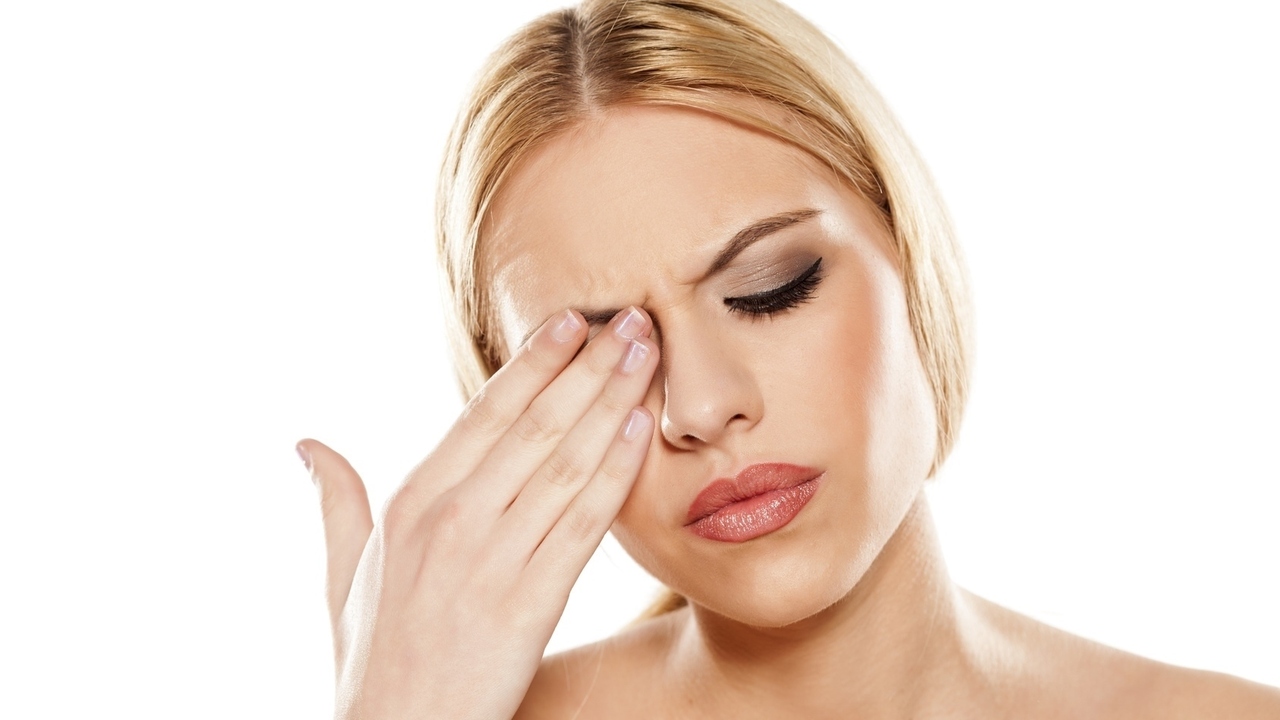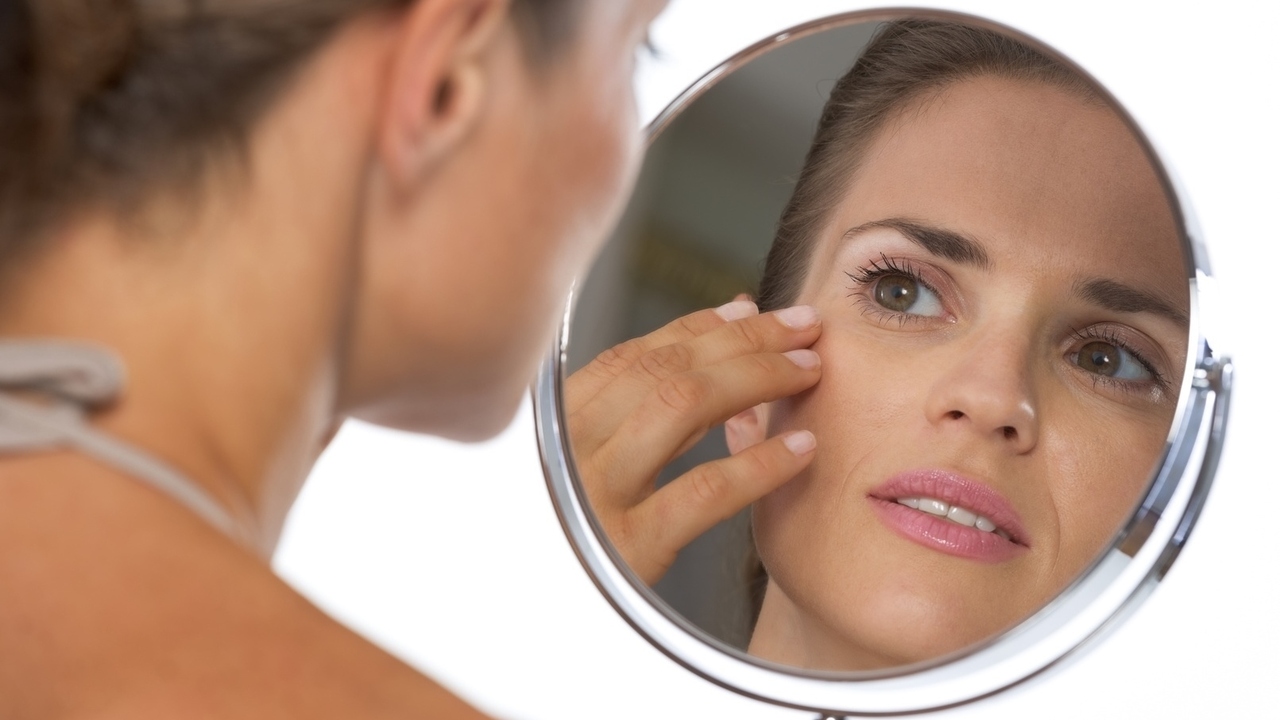
For most people, growing older means our vision will start to decline. But there are things all of us can do to help protect our vision, no matter how old we are, including making smart choices in what we eat.
A key component to any eye care plan is eating foods that are good for your eyes. What you eat effects not just your weight but the health and well-being of your entire body. A diet that is high in saturated fats and sugar may give you an increased risk of eye disease. Eating a diet that is full of fruits and vegetables can actually help prevent some eye diseases as well as improving your overall health.
• Lutein and Zeaxanthin – These antioxidants help protect your eyes by limiting the affects of free radicals. Free radicals are molecules that can damage the cells in the body. Some free radicals are found naturally in the body. Others come from pollutants including toxins, tobacco smoke, and high exposure to UV rays from the sun. Lutein and zeaxanthin tend to deposit in the eyes where they help neutralize free radicals and can help block the damage from UV rays. They provide protection against chronic eye diseases including age-related macular degeneration and cataracts. Dark green or bright colored fruits and vegetables including spinach, kale, sweet corn, peas, and broccoli are rich in these antioxidants.
• Vitamin C – This is another antioxidant that can help reduce the effects of free radicals that can damage vision. It slows the progression of age-related macular degeneration, and also slows loss of visual clarity. Vitamin C can be found in many fruits and vegetables, especially citrus fruits, tomatoes, and potatoes.
• Vitamin E – This is another antioxidant that can help protect your vision by limiting free radicals that break down healthy tissue. It can be found in nuts, cereals that are fortified to add vitamin E, and sweet potatoes.
• Vitamin A – This vitamin is important for healthy vision because of the work it does in the retina, which is the part of the eye that receives light and coverts it to electrical signals that are sent to the brain as vision. Vitamin A is necessary for the retina to produce a pigment called melanin which acts as a protective shield in the eye. It can be found in orange and yellow vegetables including carrots and squash.
• Zinc – This mineral is a “helper molecule” that is important in getting vitamin A from the liver to the eye. Zinc can be found in oysters as well as red meats and poultry such as turkey or chicken.
• Fatty Acids – Even though we hear a lot about limiting fat, small amounts of the right kinds of fats are necessary for the body to function correctly. In general, fats help boost the immune system, provide fuel for cells, and help the nervous system work correctly. Omega-3 fatty acids aid in visual development and help with the function of the retina. These “good” fats can be found in fish, flaxseed oil, walnuts, and canola oil.
High levels of sodium, which is found in salt, can also increase your risk of getting cataracts. Of course, there are many other aspects of your lifestyle that can affect your vision. UV rays and smoking can both damage your eyes, so if you want to preserve your vision wear good sunglasses and a hat if you have to be out in bright sunlight and don’t smoke. And don’t forget to schedule regular eye exams to make sure there are no hidden problems developing. Getting treatment early can prevent damage and can limit or prevent permanent loss of vision.
Sources:
All About Vision
American Optometric Association
Healthy Eyes
National Institutes of Health: Office of Dietary Supplements




Add a CommentComments
There are no comments yet. Be the first one and get the conversation started!